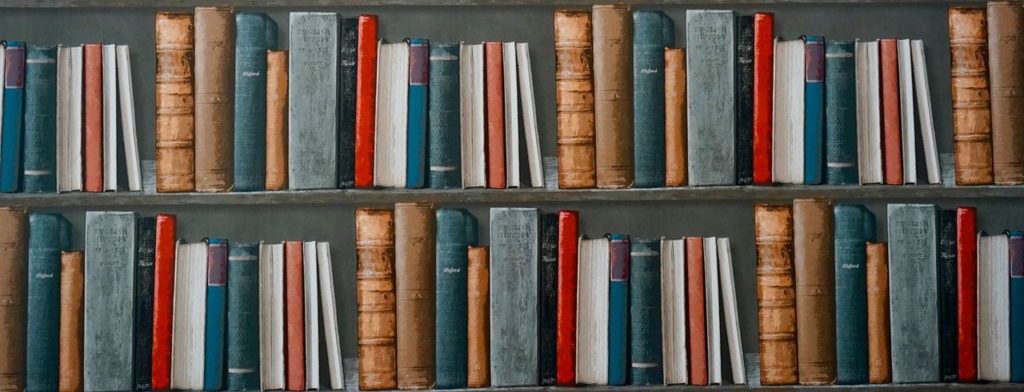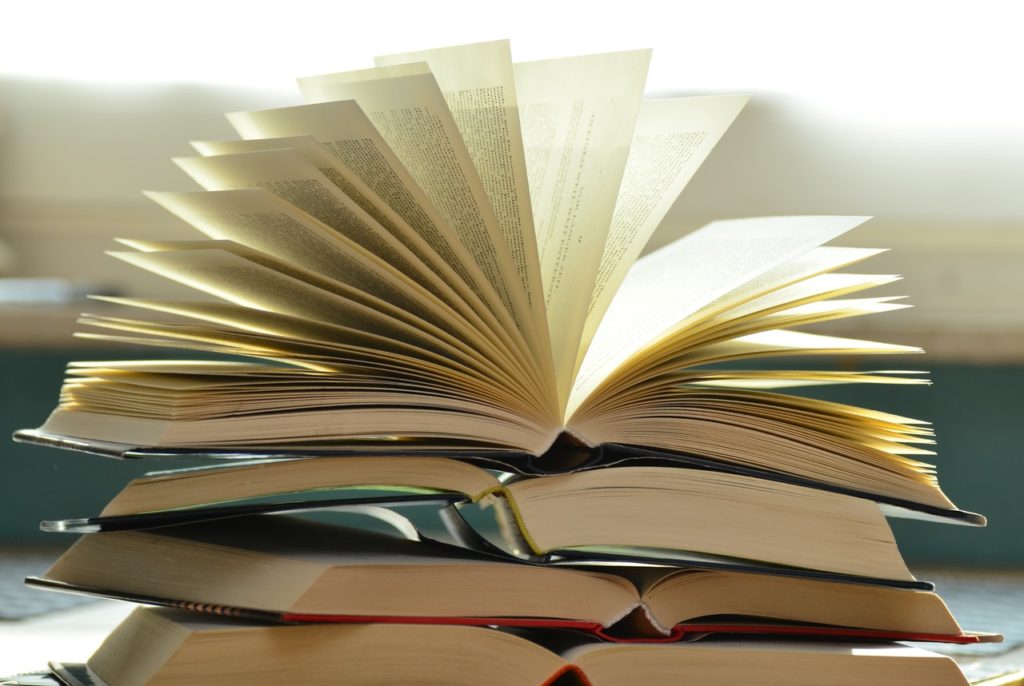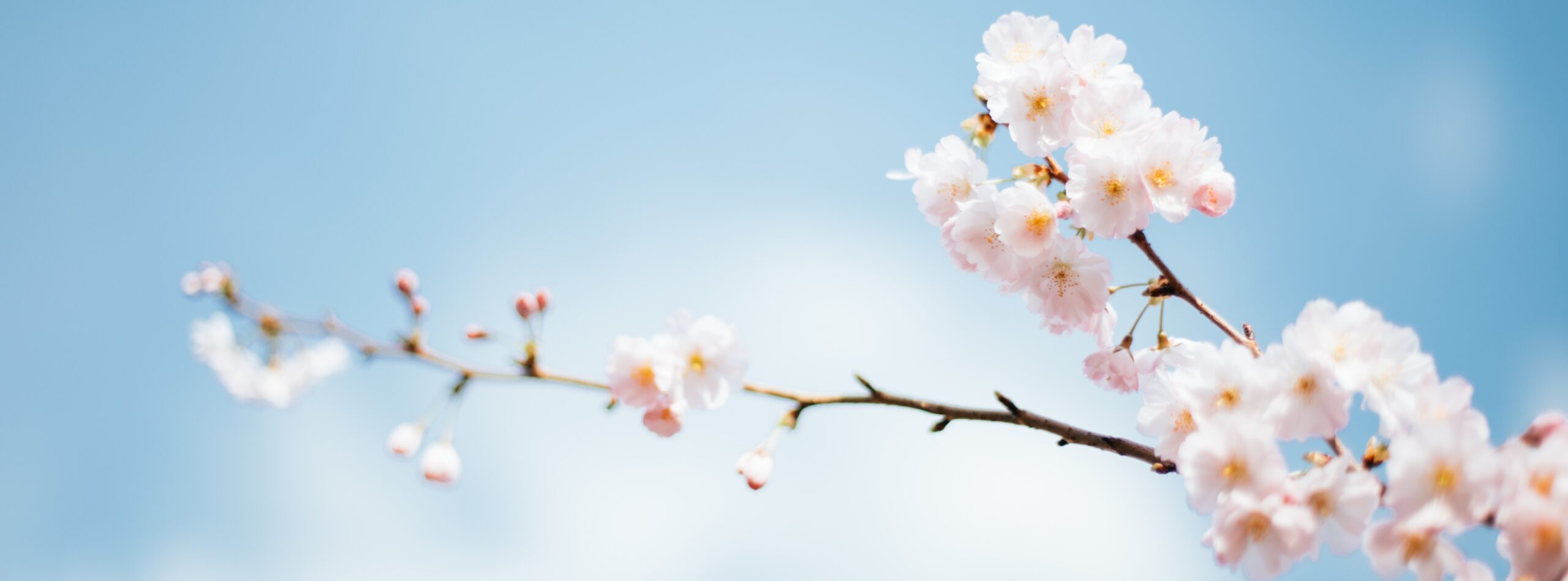
April 23rd is known as World Book (and Copyright) Day. It’s a time to celebrate the amazing literature we’re lucky to have access to and promote the enjoyment of reading. However, it’s also a time to acknowledge the struggles that exist for many people across the globe in access to literature or literacy. While the date itself was chosen to honor three of the most famous authors across modern history (William Shakespeare, Miguel Cervantes and Inca Garcilaso de la Vega), it’s not just the writers themselves who deserve our acknowledgement. There are so many pieces that come together to create these wonderful worlds of literary excellence.
Book Publishers
When you think of major book publishers, who comes to mind? Penguin Random House and Hachette Livre are two of the biggest in the world, and they’ve produced some of the most critically acclaimed titles of the year. Michelle Obama’s Becoming and David Sedaris’s Calypso are just two examples of these.
However, it’s not all about the juggernauts of the industry. Smaller publishers, such as Archipelago Books, function as a non-profit publishing house. Their goal is to promote cross-cultural exchange through beautiful translations of international literature, including fiction, poetry, and essays. They were even given the Miriam Bass Award for Creativity in Independent Publishing in 2008 for their dedication.
Other book publishers use their platform to elevate specific voices and causes. Torrey House Press promotes literary resources for the US conservation movement, particularly in the American West.

Booksellers
While there are still large bookstores across the country in the form of Barnes & Noble or Books-A-Million, smaller or independent shops still thrive. At 68,000 square feet of shop space, Powell’s City of Books in Portland, OR certainly lives up to its name. Beyond purchasing used books and selling both new and used copies, they’re also a resource for authors and an event space for public readings.
Libraries
Last (but certainly not least) we have the libraries that can be found across the country. Public libraries are excellent resources for everything from literacy, computer or citizenship classes to how-to books and novels. There are also little neighborhood lending libraries with the unofficial ‘take one, leave one’ rule.

